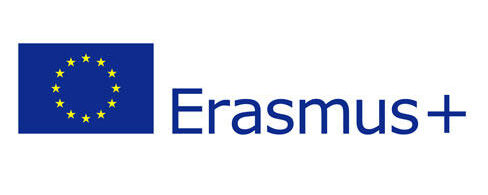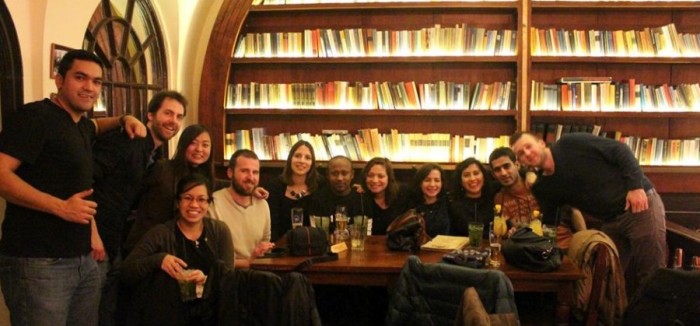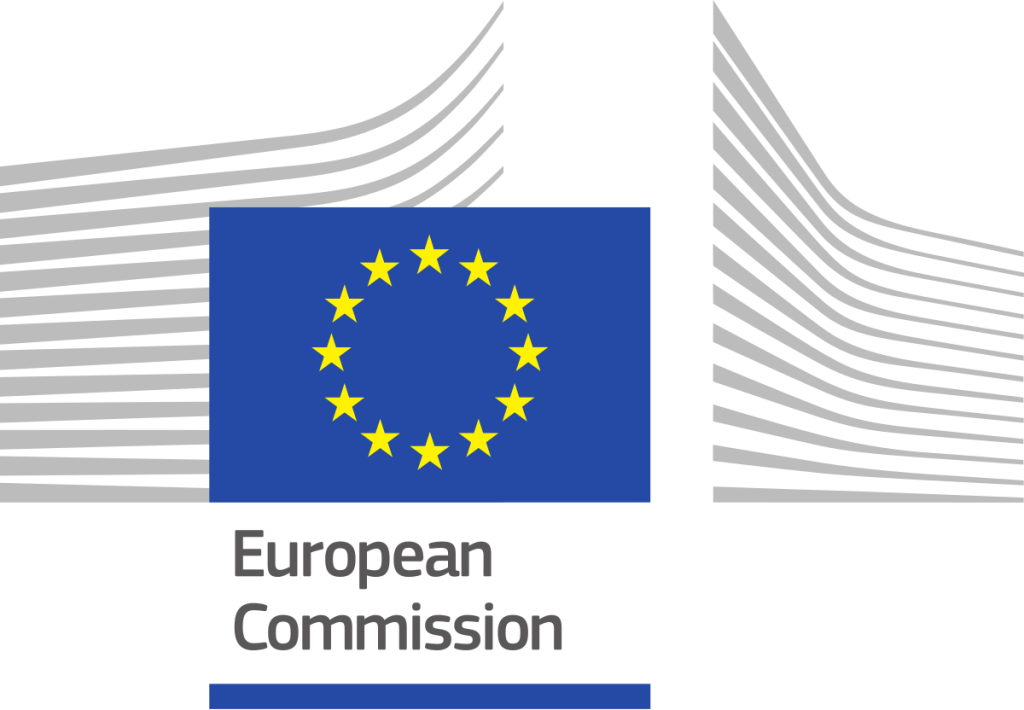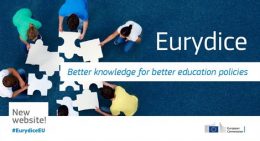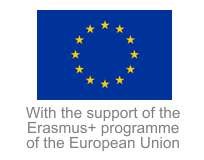The results of the data analysis, conducted by the Employment Agency of Montenegro have shown that the university degree in Montenegro is not a guarantee of getting a job. According to the official statistics, at the end of June, 4 408 highly-educated people were unemployed, while there were about 20 000 students at faculties. Although there is no precise data on the number of Montenegrin graduates gaining employment after the participation in some of the Erasmus+ programmes, RTCG’s (Radio and Television of Montenegro) interlocutors say that this kind of training in EU countries is a stepping stone to getting a job much faster.
After the completion of her studies, a twenty-five-year old Milica Jovanović from Danilovgrad (Montenegro), did not face the problem of getting a job.
She improved and widened her knowledge acquired during the studies, and developed it by gaining the European experience.
At the Faculty of Natural Sciences and Mathematics in Podgorica (the Department of Biology), Milica completed the three-year Bachelor”s studies, and after that, she got the Erasmus Mundus (SUNBEAM programme) scholarship for the two-year master programme of the Conservation Biology in Slovenia (2015-2017).
After her participation in the Erasmus+ programme and her return to Montenegro, Milica applied for a nine-month vocational education training programme in the Parks Dinarides – a network of protected areas of the Dinarides, headquartered in Podgorica.
“In this regional organization, I gained a valuable work experience, and I believe that I got a unique opportunity to apply my new skills and competences acquired during the participation in the Erasmus+ programme in Slovenia. Knowledge of the Slovenian language is just one of the skills that I acquired during my studies, and it was very important to me when it comes to my first job. After the completion of the vocational education training programme, I have been hired as a teaching assistant at the Faculty of Natural Sciences and Mathematics in Podgorica, where I got an opportunity to share my study abroad experience, and try to motivate new generations to take advantage of the mobility opportunities”, Milica said.
The main disadvantages of our graduates are a lack of practical knowledge and skills, a lack of work experience, as well as a lack of foreign languages knowledge; the employees of the Employment Agency of Montenegro said.
The Assistant of the Director of the Employment Sector within the Employment Agency, Sanja Rabrenović, says that our education system provides our students with high quality theoretical knowledge, but not the practical one.

“The employment rate of the graduates depends on the fact if a particular job is required by the labor market. But, we must not neglect the fact that in addition to this, it is very important to get some extra knowledge, skills and competences (foreign languages, IT skills, communication skills, willingness and readiness for teamwork, organizational skills, flexibility, as well as the readiness for lifelong learning…)”, Rabrenović said.
Rabrenović also states the statistical data, indicating that 4 408 graduates are in the records of the Employment Agency of Montenegro, or 12.42% of the total number of the unemployed.
According to the data of the Employment Agency of Montenegro, there are 217 master”s graduates as well as 17 Science PhDs in the records. Among the unemployed, there is the highest number of teachers and educators – 707, economists – 686, lawyers – 564, managers and organizers – 487.
According to the data of the Monstat, and when it comes to the academic year 2018/2019, about 19 200 students studied at the public and private faculties of Montenegro.
The employers are not satisfied with students” practical skills and competences acquired after the completion of their studies. The results of the research conducted by the Chamber of Commerce have shown that only 7.7% of people from the sector of economy consider that the higher education system in Montenegro provides the labor market with the high quality workforce.
“The opinions of the employed in the sector of economy are divided in terms of scope of knowledge, skills and competences of the graduated students from abroad, therefore 22.3% of the respondents consider that the students who have completed their studies abroad are high quality workers, and only 7% of people from the sector of economy consider that the students who have completed their studies at the Montenegrin higher education institutions are high quality workforce,” the representatives of the Chamber of Commerce said.
That is exactly why the representatives of the Chamber of Commerce say that experience like the participation in the Erasmus+ programme is a great advantage when it comes to getting a job.
Taking part in the Erasmus+ programme (studying or traineeship abroad), students acquire the knowledge and skills they need to get a job much faster.
“The results of the research conducted by the Directorate for Education, Youth, Sports and Culture of the European Commission have shown that 80% of the Erasmus+ students gain an employment within the three-month deadline after their graduation. The three quarters of them said that their study abroad experience helped them get their first job”, the representatives of the Chamber of Commerce said, and they emphasized the significance of the participation in the Erasmus+ programme in the recruitment and hiring process.
Jasna Žarković has agreed with the results of the research, but she has never had a problem of getting a job, before or after the Erasmus+ experience.
Jasna completed her master studies in three EU countries within the Erasmus Mundus programme, and for the two-year period, she acquired new skills and competences, that are of great importance to her today.
“When I got the Erasmus+ scholarship, I resigned from my job in Montenegro and enjoyed my new experience that I would recommend to everyone. It was a school of life, but also a school of the professional development. After the completion of the master studies I did not have a problem to gain employment again, and today, I work mainly on the projects funded by the EU, therefore, I can say, I was and I remained “European”, Jasna said.
The results of the research have shown that 80% of the Erasmus+ students gain an employment within the three-month deadline after their graduation.
The representatives of the National Erasmus+ Office say that they do not have precise data on the employment opportunities of the students having participated in the programme, but according to feedback from students, they conclude that this experience is of great importance to them when looking for a job.
“There is no doubt that participation in the mobility programmes is an opportunity for young people to acquire new knowledge and skills that will be of great importance to them when it comes to their personal and professional development, and therefore it is the opportunity for new employment possibilities. After the participation in the mobility programmes, some of these young people are given the opportunity to work and live abroad and build their own lives and professional careers there”, the National Erasmus+ Coordinator, Vanja Drljević said.
She says that Erasmus+ is a new experience, it is not just about studying and passing exams, but about “growing up” and learning to get by in various life situations we do not have a possibility to experience within the formal education system.
“Through participation in the mobility programmes, students are given the opportunity to truly open their minds, become independent, acquire new skills, get an innovative and creative approach to problem solving, learn new languages, and upon the return, are really prepared for the future work experience. During the conversation with students, we find out that employers highly appreciate such an experience”, Drljević said.
Over the last four years, from the very beginning of the implementation of the Erasmus+ programme (2015-2019), 227 mobility projects for Montenegrin higher education institutions have been approved. The total value of the mobility projects involving the Montenegrin universities amounts to 5.6 million euro.
Erasmus+ is an international programme of the European Commission, conceived to support education, training and mobility of youth, as well as to establish a cooperation among the institutions and organizations that are active in the fields of education, youth and sports.
Since 2000, more than 750 students from Montenegro took part in the mobility programmes.
The total amount of the budget that has been approved for this programme (for the period 2014-2020) amounts to 14.7 billion euro, that is, 40% more compared to the amount awarded in the previous years, which shows the commitment of the European Union to the enhancement of the fields of education and mobility of youth.
Author: Maja Lalić Burzanović
This story has been rewarded at this year’s competition, which was implemented in accordance with the Strategy for informing the public on Montenegro’s accession to the European Union 2019-2022, within the EU4Me project, funded by the EU, and implemented by the UNDP.
